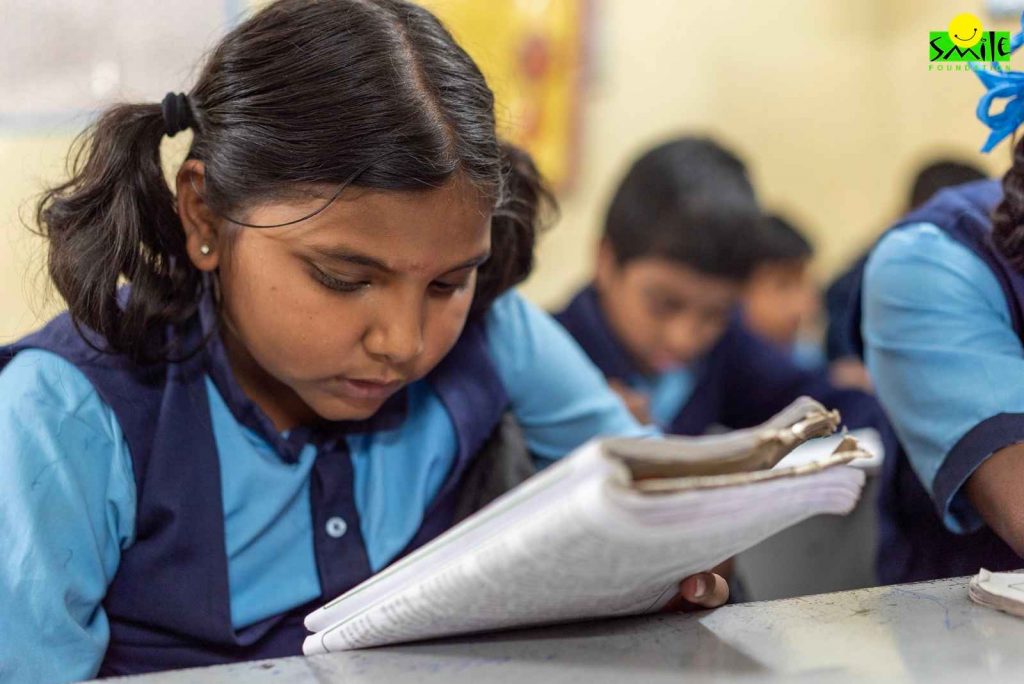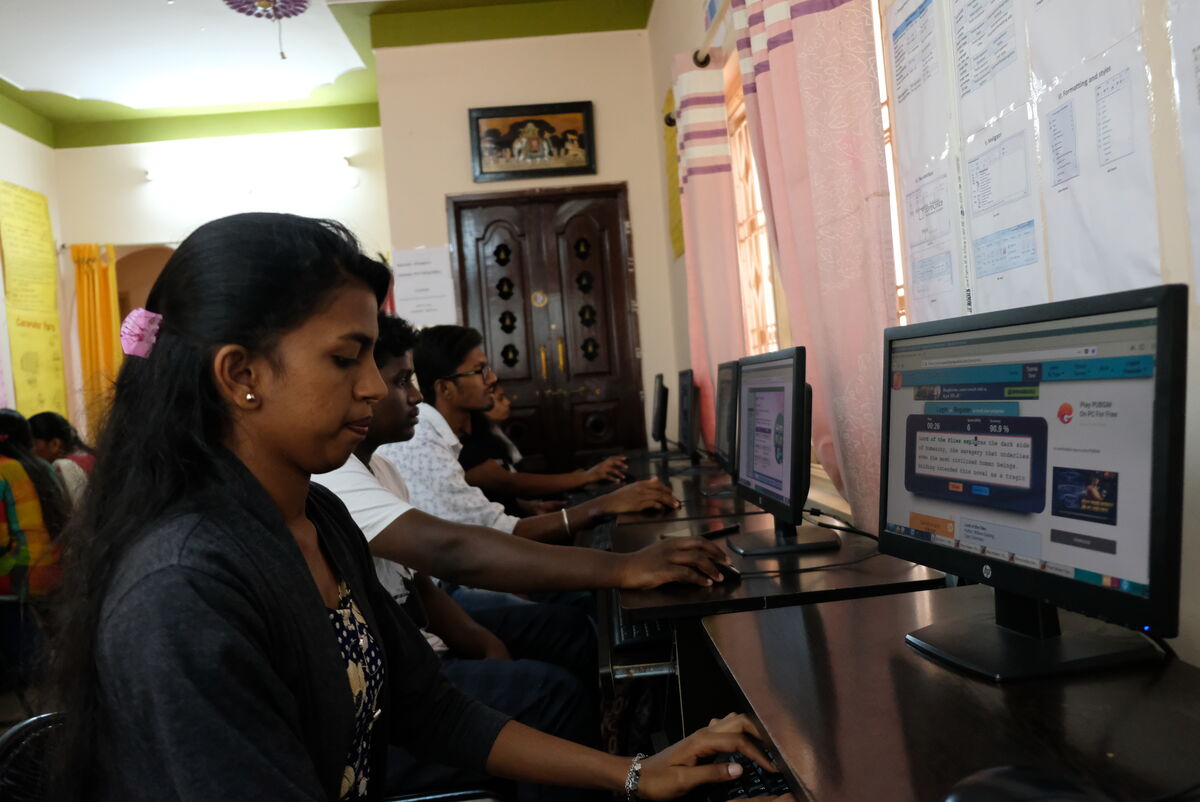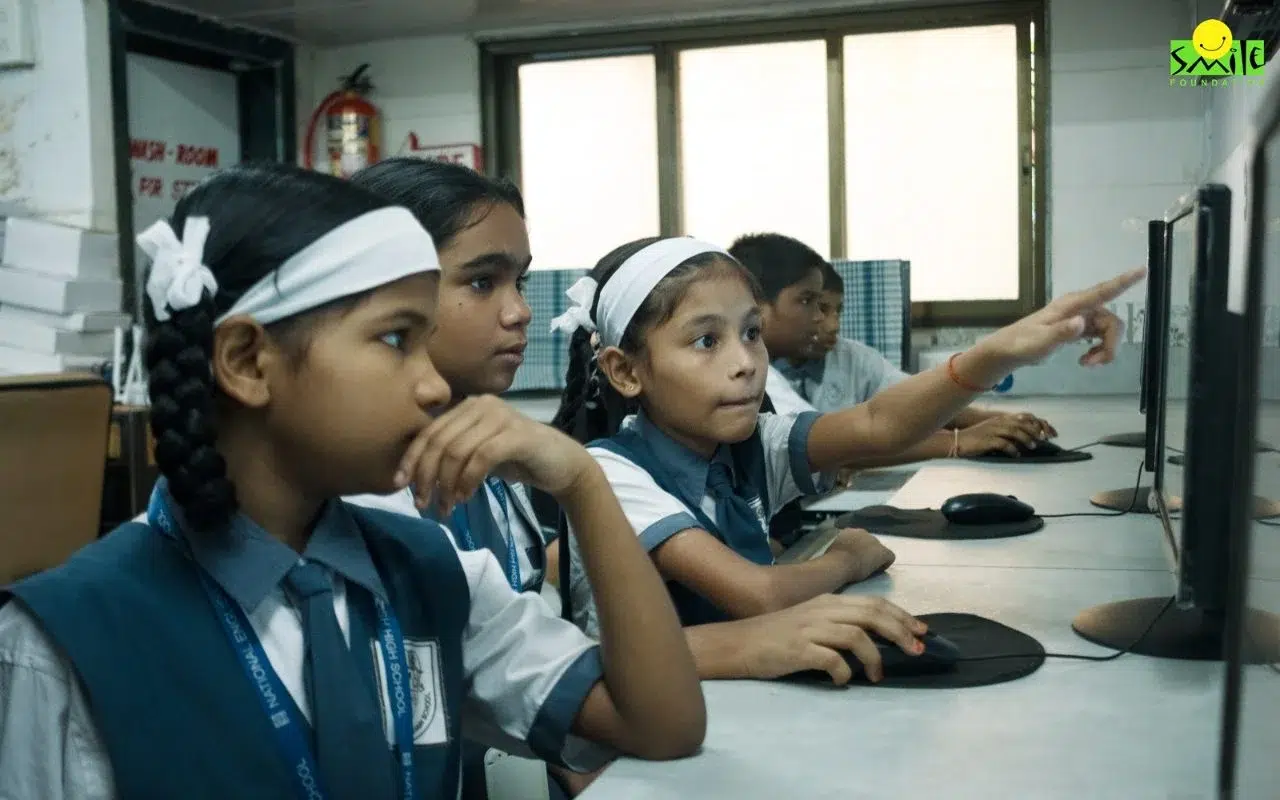Girls globally tend to spend more time on social media than boys, and recent findings suggest that this trend is adversely affecting their mental health, according to a new report from the United Nations Educational, Scientific and Cultural Organization (UNESCO). Released as part of the Global Education Monitoring (GEM) report, the study examines the intersection of education, technology, and gender, particularly focusing on the engagement of female students with digital platforms.
One of the key findings of the report highlights the negative impact of social media on the wellbeing of girls. It points out that social media algorithms often amplify negative gender norms and practices, leading to increased body-related image concerns among users, particularly girls.
Key findings underscore the potential negative effects including body-image issues
- Social media algorithms can reinforce harmful gender norms and behaviors, exacerbating the negative impact on the mental health of students.
- Girls, who typically spend more time on social media than boys, experience greater strain on their mental well-being.
- Social media users are more likely to report body image concerns compared to non-users.
- The addictive nature of certain platforms contributes to excessive screen time, leading to distractions from academic pursuits and extracurricular activities, as well as potential implications for attention spans and learning habits.
The report emphasized the disproportionate impact of social media on the mental health of girls. He highlighted the negative consequences, particularly in terms of learning outcomes, underscoring the need for interventions to mitigate these effects. He underscores the importance of creating inclusive and supportive classroom environments where students feel valued and respected, free from the pressures of social media-induced anxieties.
In the growing area of digital education, technology is generally viewed as a positive tool for enhancing learning experiences. However, the unchecked proliferation of social media poses unique challenges. While digital platforms offer access to a wealth of information and resources, they also present risks, especially when it comes to mental health and well-being.
The struggles of parents worldwide
The report shared the struggles of a parent about her daughter’s struggles with social media and its impact on her mental health. Despite being an accomplished student with a keen interest in biology and the environment, her daughter’s exposure to harmful content online led to a decline in her mental well-being, culminating in a battle with anorexia. You can hear many such parents in our country sharing the same sentiment. Parents feel troubled about the growing negative impact of social media on their children and want policy actions that can protect their kin.
In the report, a child and youth psychiatrist, highlighted the pervasive influence of social media on the body-image issues of young people. She underscored the challenges of navigating online content, particularly for individuals dealing with mental health issues, urging for greater awareness and regulation.
A wake-up call!
The UNESCO report serves as a wake-up call, shedding light on the urgent need to address the negative ramifications of social media on the mental health of girls. Digital literacy and resilience among young people equips them with the skills to navigate the online landscape safely and responsibly.
In conclusion, while technology offers tremendous opportunities for education and empowerment, it also presents significant risks, particularly concerning mental health. As educators, parents, and policymakers, we must work together to promote positive digital experiences and safeguard the well-being of young girls like in Smile Foundation‘s empowerment program Swabhiman in an increasingly connected world.









